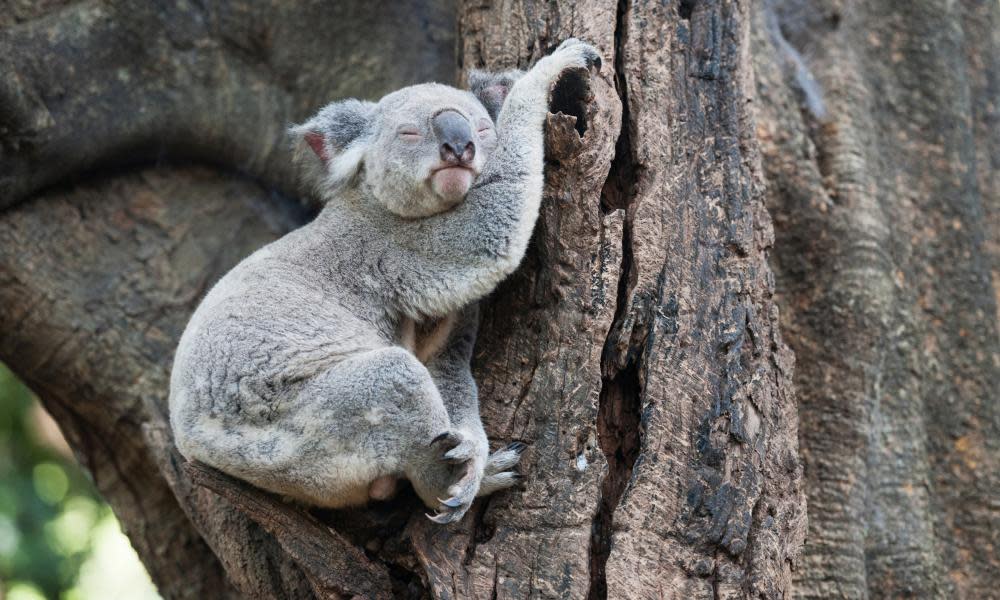Queensland has systematically failed threatened species, auditor general says in scathing report

Queensland has systematically failed the state’s growing list of threatened species, delaying declarations by up to seven years and botching its conservation management responsibilities, a scathing report by the state’s auditor general has found.
The report, tabled in the Queensland parliament on Tuesday, criticised the government for having no strategy or framework to manage threatened species. Its slew of criticisms included:
Long delays by a succession of state ministers to act on recommendations to list threatened species. On average, ministers waited more than three years to approve a listing.
A lack of information on some species to determine whether they are eligible for listing.
Efforts to manage threatened species “lack purpose, direction and coordination”.
The state does no planning to determine where it should devote its resources to protect habitats, mitigate threats and reduce species decline. Its efforts are mostly reactive rather than addressing the common causes of threats.
Ineffective engagement between the government, conservation groups and landholders.
Incomplete monitoring and reporting of outcomes to mange threatened species.
Failure to curb soaring deforestation rates and protect animal habitat.
“The [Department of Environment and Science] previously developed a strategy which it never implemented,” the audit found. “Because it has no strategy, its efforts in managing threatened species lack purpose, direction and coordination. The department has not determined its priorities, clear action areas or measurable targets for the recovery of threatened species and habitats.”
In one case, an unnamed species was listed as threatened more than seven years after it was assessed for the list. Once listed, species are not periodically reviewed and the department “does not know whether the extinction risk for these species has changed or remained steady”.
“Delays in listing result in delays in species protection,” the report said. “Overall, the [department’s] response to conserving threatened species lacks cross-program coordination and is unlikely to effectively conserve and recover many threatened species.
“This is because the department has not taken a strategic approach, and has no system to prioritise, coordinate and report on recovery activities, threatened species population trends and the effectiveness of conservation management.”
It said conservation groups and other stakeholders had expressed “frustration and disillusionment”.
The impact of land clearing on native species habitat led the government to pass new laws this year aimed at curbing soaring deforestation rates. The audit said the rates of clearing had accelerated the loss of habitat of more than 300 threatened flora and fauna species.
“By 2015, 26% of remnant threatened fauna habitat and 35 per cent of remnant threatened flora habitat had been cleared statewide,” the report said.
The World Wide Fund for Nature has listed eastern Australia as a “deforestation front”, mainly because of the rates of clearing in Queensland.
The Wilderness Society said the findings pointed to a need for a national approach to conservation and to halt deforestation.
“Australia needs new effective environment laws and an independent environment watchdog to stop such environmental devastation happening and from threatened species going extinct,” said the Wilderness Society’s Queensland campaign manager, Gemma Plesman.
“The Queensland government recently reintroduced laws to curb deforestation and habitat destruction but unfortunately these laws do not go far enough to fully protect threatened species like the koala, which is vulnerable to extinction.”
“You can still drive bulldozers through threatened-species habitat with little to no oversight. If anything the listing of a species is a death warrant because once a species go on they rarely, if ever, improve.
“The solution is simple: we need urgent action from our state government and real leadership from our federal government.”

 Yahoo News
Yahoo News 
